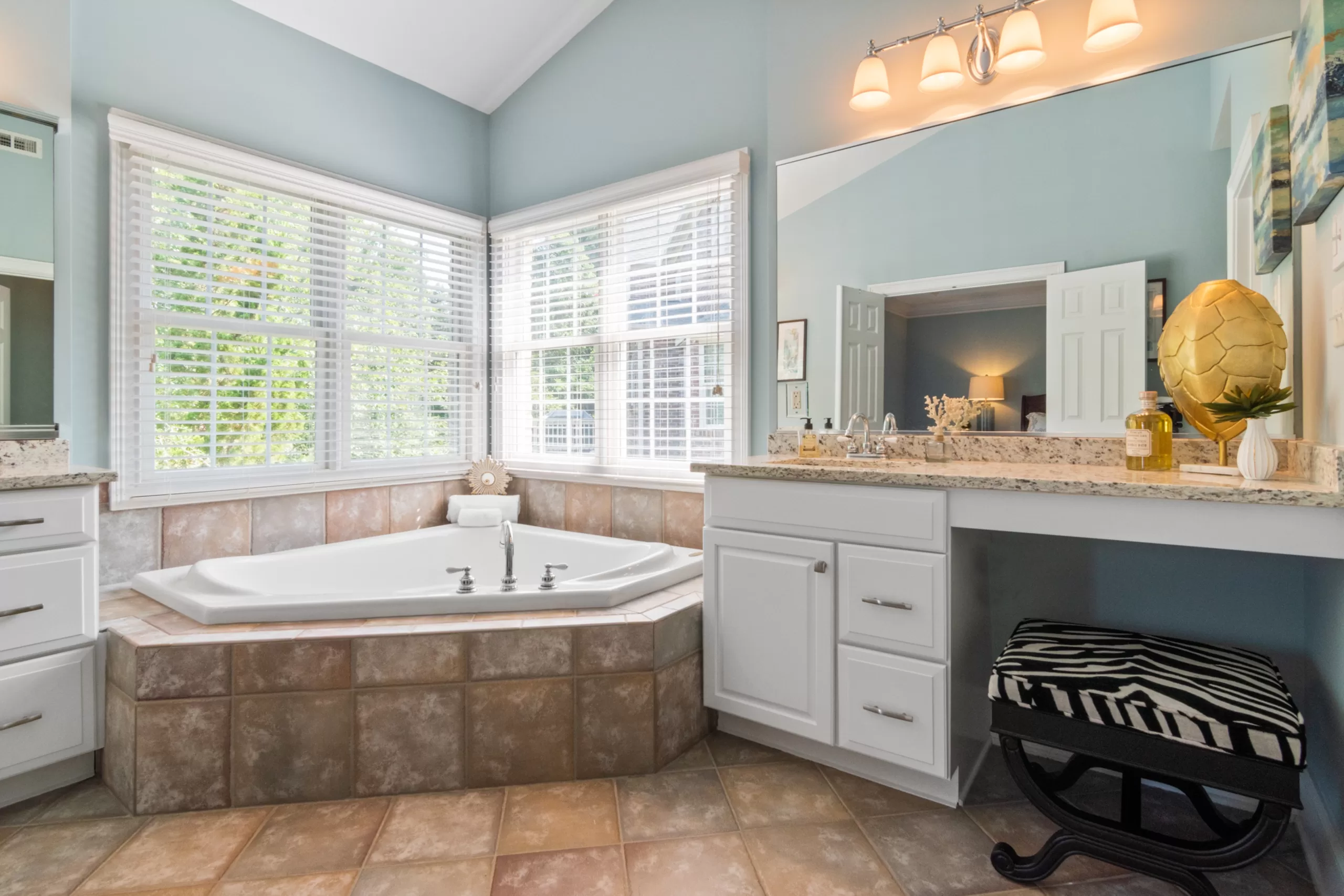Choosing to remodel your home is a big decision, one that requires thoughtful planning and preparation.

Whether you’re looking to update your kitchen, transform your bathroom, or revamp your entire living space, a successful home remodel can breathe new life into your home and significantly increase its value.
However, making the right decisions throughout the remodeling process is crucial to ensuring a positive outcome. This article will guide you on how to make informed decisions for your home remodel.
Understanding Your Remodeling Goals
The first step in making the right decisions for your home remodel is understanding your goals.
Are you remodeling to improve your living space? Or is your primary goal to increase the property’s resale value? Your objectives will influence your remodeling decisions, from the scope of the project to the materials you choose.
For instance, if your goal is to improve the home for your enjoyment, you might prioritize personal preferences over potential return on investment.
On the other hand, if your primary goal is to prepare the house for sale, you’ll want to focus on updates that are most likely to attract potential buyers and increase your home’s market value.
Read Also:
Budgeting Accurately
Budgeting is a critical aspect of a home remodel. It’s crucial to establish a realistic budget upfront and stick to it throughout the remodeling process. This includes setting aside a contingency fund for unexpected expenses, which are almost inevitable in remodeling projects.
Remember, the cheapest option isn’t always the best. It’s important to balance cost with quality. Low-cost materials may save you money in the short term, but they may not last long and could end up costing you more in the long run.
Finding Reliable Home Remodeling Near Me
One of the most critical decisions you’ll make during your home remodeling project is choosing the right contractor. An experienced, reputable contractor can make all the difference in the success of your remodel.
They can ensure the project stays on schedule, stays within budget, and meets your quality standards.
To find a reliable contractor, start by searching for “home remodeling near me.” Look at online reviews, check their credentials, and ask for references. It’s also a good idea to interview several contractors to compare their expertise, communication style, and bids.
Remember, the lowest bid isn’t always the best – consider the value they offer and your comfort level with them.
Prioritizing Remodeling Projects
Unless you’re undertaking a whole-house remodel, you’ll need to prioritize your remodeling projects. Think about which areas of your home need the most attention or where improvements will make the most significant impact on your daily life.
For instance, if your kitchen is outdated or doesn’t function well, a kitchen remodel could significantly improve your home’s functionality and aesthetics.
If your bathroom lacks accessibility features, installing something like walk-in tubs (popular in areas such as Houston), could be a priority, particularly if you have elderly family members or those with mobility issues.
Making Accessibility a Priority
When remodeling, especially in areas like bathrooms, accessibility should be a key consideration.
This is especially true for homeowners who plan to age in place or those with mobility issues. One popular bathroom modification to improve accessibility is the installation of walk-in tubs.
In places like Houston, walk-in tubs have become a common feature in many homes. These tubs are designed with a door on the side that allows you to walk into the tub instead of climbing over the edge, making bathing safer and more comfortable.
They also often include features such as built-in seats, grab bars, and non-slip floors.
When choosing a walk-in tub, consider factors such as the tub’s size, the door’s location and operation, and the availability of additional safety features. It’s also essential to choose a reputable supplier and installer to ensure a quality product and proper installation.
Selecting the Right Materials
The materials you choose for your home remodel will have a significant impact on the project’s cost, timeline, and outcome. The right materials can enhance the function and aesthetic appeal of your space, while also contributing to the home’s durability and value.
For example, if you’re remodeling your kitchen, you might need to choose materials for cabinets, countertops, flooring, and backsplash. Consider not only the appearance of these materials but also their durability, maintenance requirements, and cost.
Similarly, if you’re remodeling a bathroom, you’ll need to choose materials for the vanity, shower or tub, flooring, and walls. In wet areas like bathrooms, it’s crucial to choose materials that are resistant to moisture and easy to clean.
Evaluating Energy Efficiency
An often overlooked aspect of home remodeling is energy efficiency. Incorporating energy-efficient features in your remodel can reduce your environmental impact and save you money on utility bills in the long run.
Consider energy-efficient appliances for a kitchen remodel or water-saving fixtures for a bathroom remodel. Upgrading your insulation, windows, and doors can also improve your home’s energy efficiency and comfort.
Stay Flexible and Enjoy the Process
Finally, remember to maintain a level of flexibility during your remodeling project. Even with careful planning, unexpected issues or ideas may arise. Being adaptable allows for changes that could improve the end result.
Moreover, don’t lose sight of the excitement inherent in transforming your space. A remodel is not just about the final product, but also the journey of turning your vision into reality.
Embrace the process, knowing that the occasional challenge is merely a stepping stone to your beautifully remodeled home.
Conclusion
Embarking on a home remodeling project is an exciting endeavor that can drastically enhance your living space. Making the right decisions at each step of the process is critical to achieving a successful remodel.
Understanding your remodeling goals, budgeting accurately, finding reliable contractors, prioritizing projects, considering accessibility, selecting the right materials, and evaluating energy efficiency are all crucial steps.
By making informed decisions, you can ensure your remodel adds value to your home and improves your quality of life for years to come.









